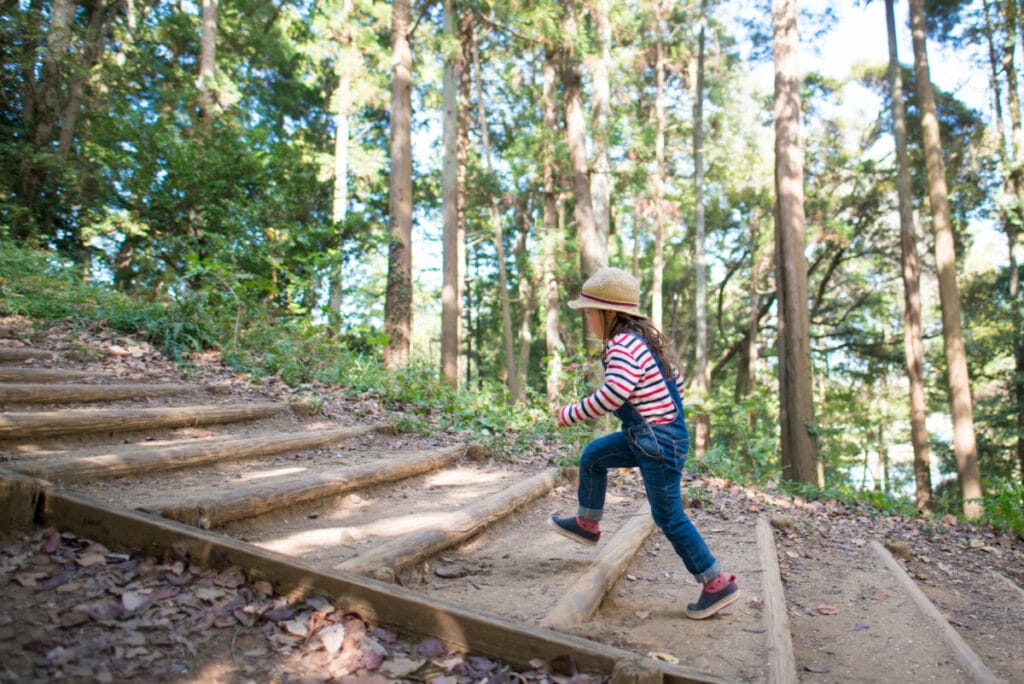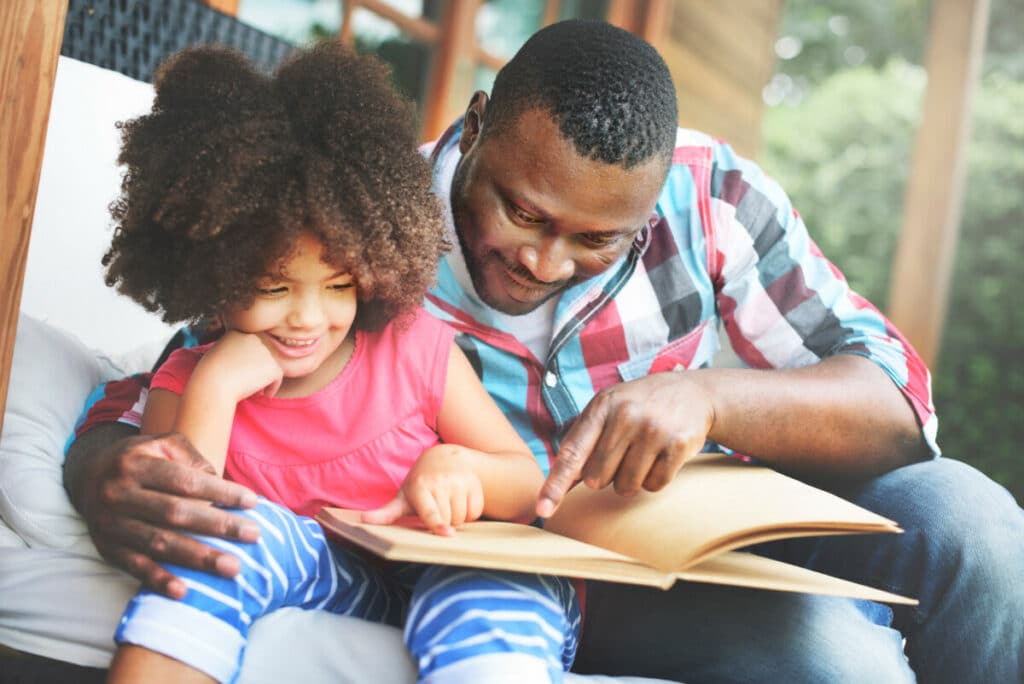11 Pros and Cons of Skipping Kindergarten
Skipping kindergarten is an easier choice for some families than others. Maybe you have great schools by your home, and maybe you don’t. Maybe you have extended family to help support you, and maybe they’re out of reach. Whatever your personal pros and cons, the choice, in the end, is up to you. Would your child benefit from skipping kindergarten?
Of course, skipping kindergarten doesn’t mean they’ll just extend the toddler phase. If you skip kindergarten, you do have a responsibility to make sure they’re sufficiently ready to go into the 1st grade, and that brings a whole lot of new questions with it. For now, think through the pros and cons in the list below. You know your family’s needs better than anyone!
1. Pro: You’ll Have More Time With Your Child While They’re at a Fun Age
Let’s be honest, here. Five-year-olds are adorable. They’re curious, funny, peppy, and haven’t learned the importance of a verbal filter yet. While this can get annoying at times, it can also be awesome to see the world through a child’s mind. Best of all, they still think their parents are pretty cool!
If you and your child aren’t quite ready to have them leave for school, you can take a year to learn some healthy independence together. Fostering healthy attachments in your child will help them handle stress in later school years, develop coping skills for bullying or other challenges, and strengthen emotional resilience in all areas. It can even improve their social skills!
The single best thing you can do for your child’s future is to be irrationally invested in them. You can do this while they’re in school, but you might find your child could benefit from your full focus for one more year. Look at your options, and have fun!
2. Con: You’ll Have To Prepare Your Child for 1st Grade Without a Teacher’s Help
The prospect of teaching your child can be daunting, and the actual process is going to be frustrating at times. Remember, your kindergarten-aged child doesn’t know the days of the week, how to count to a hundred, or even how to tie their shoes. Life is hard for the little guy!
In kindergarten, a trained professional is able to teach your child with parental support as a supplement. Not everyone will be able to replicate this level of support at home. If you choose to skip kindergarten, see if you can find resources or support to make your side of the job easier.
3. Pro: You Can Teach Your Child at Their Pace, Including Advanced Skills

Some kids start reading when they’re three. Some will struggle until well into grade school. Either group of kids will need some specialized attention and accommodation that they might not get in a typical classroom, particularly in the kindergarten group. After all, their teacher is busy trying to keep their crew of tiny humans from snacking on crayons.
When you skip kindergarten and teach skills at home instead, you can teach to your child’s needs. If they’re breezing through the alphabet but struggling with numbers, adjust your time to work through numbers! If academic skills are fine but they can’t tie their shoes, practice fine motor skills instead.
If they can function when alone but can’t stop biting other kids, address that first. If you notice early warning signs of something like dyslexia, you can start early interventions that make a big difference in later years.
4. Con: Your Child Won’t Get The Typical Kind of Socialization From Kindergarten
This is the most common concern when kids skip kindergarten. Kindergarten is less about academics and more about learning to be away from home, sitting at a desk, and listening to a teacher. Above all, kindergarten is their baby crash course on how the next 12 years of their lives are probably going to go. They get to ease into the change with snack time and play-doh.
Kindergarten also teaches them how to get along with classmates, in theory. They’re going to spend years with some of these kids. If they bite, hit, or throw paint, kindergarten offers direct consequences and social repercussions that can be a little more impactful than mom saying “no.” They can learn fast that nobody wants to play with a biter!
Kids who skip kindergarten will often have to learn this in the 1st grade when it has a little more of a lasting impact. Those teachers expect students to be out of their hitting, biting, and paint-throwing stage. If not, it can be disruptive to the whole class. Your kindergartner needs to learn to play at least tolerably with other kids.
5. Pro: If Your Child Could Have Autism/ADHD, You Can Work Directly With Them on Social Skills
While many people turn up their noses at diagnosing kids with a developmental difference too early, that same early intervention makes a big difference in their later quality of life. Learning to manage sensory issues or lack of social instinct before school starts means fewer embarrassing incidents when they’re out of your sight.
Autistic parents know they’re likely to have autistic kids. Adults with ADHD won’t be shocked to see those symptoms manifesting in their kids, either. Some parents adopt kids with trauma or Fetal Alcohol Syndrome, and that can impact behavior. There are many reasons why a kid might not socialize so well in the first place.
Skipping kindergarten gives this group of parents a chance to really work on social skills. They can build up a tolerance to bright lights and noisy classmates, play at the park or with groups of other kid, and prepare for appropriate accommodations in school. Parents can even help their kids practice sitting at a desk with a worksheet.
While this might seem crazy, parents surveyed for this article confirmed that this was the biggest benefit of skipping kindergarten and even the first grade. Their kids did better at school because of the focused attention they received at home. After all, it’s easier to build good habits than to break bad ones.
6. Con: You Don’t Get a Break During The Day

Kindergarten can be a welcome relief for many parents who want to get back to work, focus on younger children, or who are just ready to have a short break from their energetic children. If your child doesn’t go to kindergarten, you won’t get that break. They’ll still be around and underfoot all day, every day, for the duration of the school year.
If you’re feeling overwhelmed having your kindergartner at home, try reaching out for help. Many tutors or nannies are also trained in helping your child learn some basic skills, and they probably have the energy you don’t. This is their paid job, after all. It’s okay to hire a professional to supplement your day! Having a five-year-old at home is exhausting.
7. Pro: You Can Make or Find Co-op Situations For You and Your Child
The great thing about homeschooling young children is that a surprising number of other parents will be in the same situation. Many parents form cooperative groups, or co-ops, to share skills and help their children socialize. One parent might teach phonics or reading basics, one can teach numbers and beginning math, and another can do fun science experiments!
Basically, you don’t have to be on your own. Skipping kindergarten does not automatically mean dooming yourself and your child to isolation during school hours. You can both socialize, reach out to community resources, and have fun!
Best of all, these groups often get group discounts or plan activities at fun places like children’s museums, parks, and pools. You’ll get the benefit of those discounts along with the socialization. Since they’re during school hours, the crowds are low and the fun potential is high.
8. Con: Your Child Won’t Have Pre-Made Friends in The 1st Grade
It’s a fact of child life that kids carry friends over from grade to grade. When the most important factors for friendship are physical proximity and crayon preference, groups form fast. Your child won’t have pre-made friends in the 1st grade unless another child also skipped kindergarten.
Functionally, though, they’ll probably resolve this pretty quickly. Kids move in and out of schools, get held back or moved up a grade, and generally just have flexible friendships. If your child is able to converse with somebody, they’ll be just fine.
9. Pro: Your Child can Spend More Time Outdoors

Children and the great outdoors are a wonderful combination. Kids can run off energy, inspect interesting bugs, catch grasshoppers, and roll around in the grass. They can build forts out of sticks. They can make salads and fairy potions out of grass and mud from the backyard. When modern life is so indoor-focused, this time outside can help strengthen their immune system, relieve stress, and increase their overall physical health!
When you skip kindergarten, you gain the opportunity to learn those kinder skills in a different setting. Some of the ways you can incorporate learning while outdoors include:
- Counting the steps of a hike between landmarks
- Counting the birds at a pond
- Going on a color scavenger hunt
- Having an art lesson and trying to mix colors to match what they see
- Writing their name, letters, and short words in the dirt or sand (For extra fun, have them use their hands or feet!)
- Practicing skip counting or basic addition and subtraction with rocks, snacks, birds, or other visuals
- Identifying shapes in nature
- Identifying plants, animals, and the weather they see
- Identifying parts of their own body, their senses, and everything physical (this snack is sweet, this grass smells good)
- Telling time and matching it with the sun so it feels “real”
- Practicing critical thinking and problem solving
This list could go on forever. Take a look at this list of the common core requirements for kindergartners and see what ideas you have to take that learning outside! It will be good for you and your child, and you can help them foster a positive relationship with learning.
10. Con: You’ll Have to Fend Off Worried Friends and Family
When you make the decision to skip kindergarten, people are going to have questions. Some of those questions will be well-intentioned, but some will be offensive or just downright nosy. You need to brace yourself for these questions when you make the decision, and ideally prepare some good responses.
People will be worried about your child’s social life over almost anything else. If they don’t attend kindergarten, it’s like some people expect them to turn into the kids from Willy Wonka’s Chocolate Factory. Your kid is going to be better behaved than that.
The worst part is how invasive some well-meaning people can get. They’ll ask a lot of personal questions about your child’s abilities, your family situation, and even medical history or past trauma. They’ll offer unwanted thoughts and advice at the drop of a hat. In-laws and grandparents might offer to babysit, tutor your child themselves, or try to enroll your child in their local kindergartens if the quality was a concern.
At the end of the day, you are the parent of your child. You’re the one making the decisions for them so you can help them develop into strong, healthy, confident adults. If you haven’t strengthened your spine over your parenting decisions yet, this might be the event that makes it happen. You can listen to people who genuinely love you and want you and your child to thrive, but remember that the final decision belongs completely to you and your spouse, the parents of this child.
11. Pro: If You End Up Loving Homeschooling, You Don’t Have to Stop!

Some people might just skip kindergarten in favor of homeschooling for a year, and that’s fine. It works for their family!
Other people might finish their year of kindergarten at home and decide that they loved it, and they want to keep going! If this is the case, the great news is that you can do that. You don’t need to stop homeschooling. You can continue to homeschool however long you want, whenever you want, including starting and stopping for different grades. Some kids go through Jr. High, some just through early elementary, and some start homeschooling again during their child’s senior year. It is inherently flexible.
Remember, the goal is to find the best fit for you and your child. If you’ve found it, congratulations!

